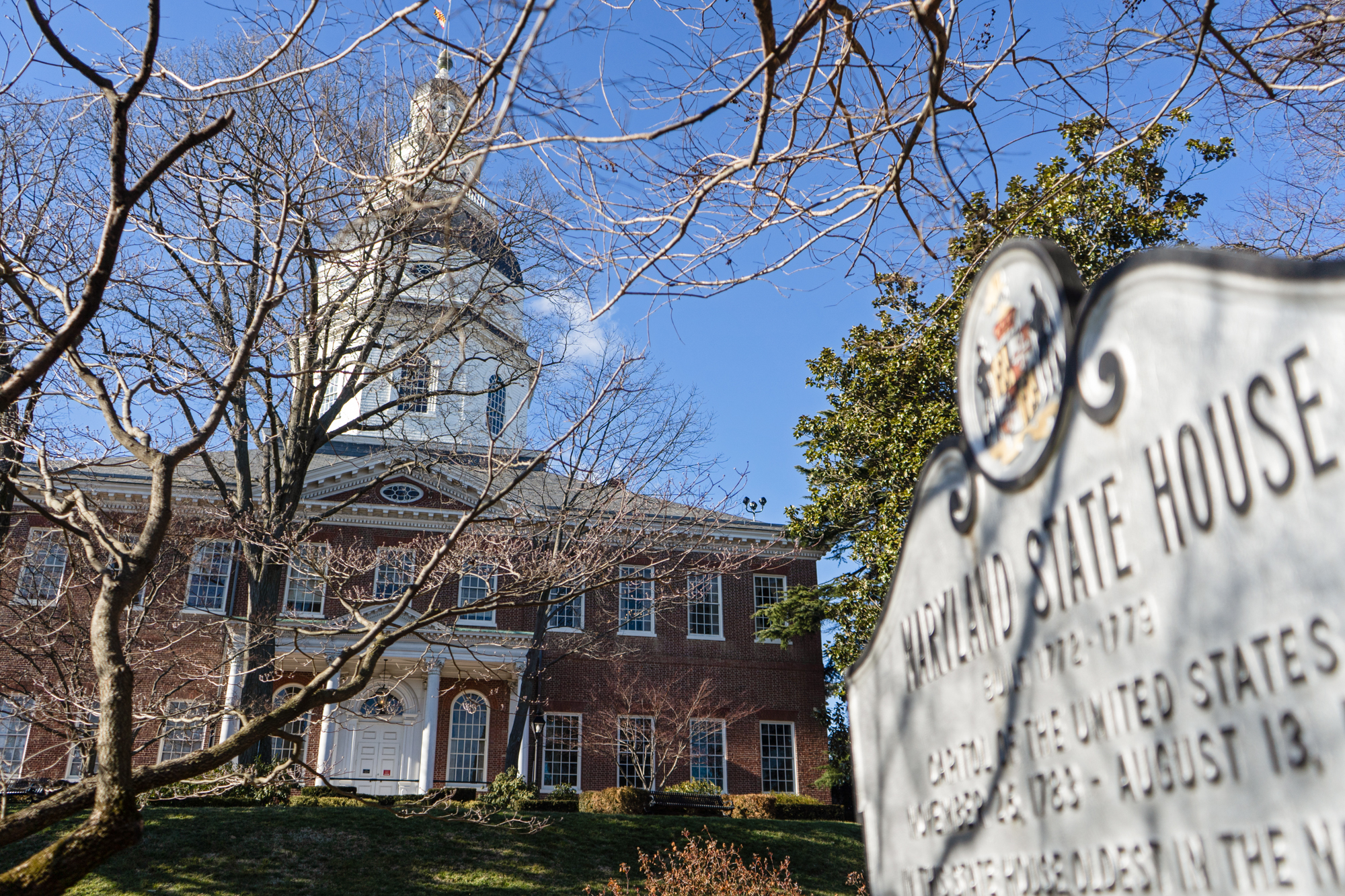A bill in the Maryland General Assembly would create a task force on preventing and responding to nonconsensual sexual imagery.
Del. Lesley Lopez, a Democrat representing District 39 in the Maryland House of Delegates, was inspired to sponsor a bill addressing cyber flashing — digitally sending sexual images to someone without their consent — when a friend told her she had received unsolicited sexual images.
Fifty-two percent of women between the ages 18 and 34 reported receiving an unsolicited explicit image, according to a 2017 Pew Research Center survey about online harassment. The same survey found that 36 percent of males reported being sent an explicit image they did not ask for.
“If this form of sexual violence is impacting half of the young women in our state, it’s clear that we need to do something and do something now,” Lopez said.
The task force proposed in the bill will be made up of 12 members and will present recommendations to the governor and General Assembly about how to address the issues of cyber flashing, deepfakes and other nonconsensual uses of technology.
Deepfakes are images or videos in which a person has been digitally altered to misrepresent someone. The task force would look into deepfake pornography that puts someone else’s face on the bodies of performers in already existing pornographic material. More than 90 percent of deepfakes are nonconsensual porn, according to research company Sensity AI.
Rebecca Delfino, a clinical professor of law at Loyola Marymount University, is a legal expert on deepfakes and provided written testimony about Lopez’s bill. She believes the issue requires legislative solutions.
[Maryland General Assembly proposes bill to investigate college savings program error]
“These deepfake videos may be fake, but their emotional impacts are real. Victims are left with multiple unknowns: who made them? Who has seen them? How can they be contained?” Delfino wrote in her testimony.
When Lopez began working on this legislation, they hoped to change Maryland law, so cyber flashing would be a punishable misdemeanor. However, the attorney general’s office told Lopez the original bill had constitutional issues — several court cases have established that photographs are protected as free speech by the first amendment.
“I didn’t want to give up this bill,” Lopez said. “We reworked the bill so that it would be a task force that’s dedicated to studying how we can address this issue and put in some enforcements.”
One of the members of the proposed task force will be an academic expert on first amendment issues, so the group can work through any constitutional barriers.
Lopez herself said she has seen the impacts of the lack of legal consequences regarding cyber flashing.
On Thursday evening after her bill’s hearing, Lopez received a direct message from a man on Twitter with a nonconsensual sexual image. When they reported this to the House Sergeant-at-Arms, who is also a police officer, he told her the image was not a threat or a crime, so nothing could be done.
[Some companies in Maryland could transition to a four-day workweek under new state bill]
Indecent exposure and revenge pornography are both currently punishable in Maryland by a fine and/or imprisonment, Lopez wrote in her testimony for the bill ahead of its hearing last week in the House of Delegates judiciary committee.
Unsolicited explicit images and deepfakes can be just as disturbing and traumatizing to recipients, particularly for sexual assault survivors, according to Lopez’s testimony.
Some other governments are taking larger steps to address cyber flashing. Legislation introduced in January by Washington, D.C., council member Brooke Pinto establishes a private right of action for individuals who receive nonconsensual explicit images. Similar bills have already been passed in Virginia, California and Texas.
Val Graham, a junior government and politics major at the University of Maryland and the executive director of the Women’s Legislative Caucus of Maryland, worked with Lopez, who is the president of the caucus, to recruit young people to submit testimony about the bill. Young women are disproportionately affected by the issues the bill seeks to address, so it is important for their voices to be heard, Graham explained.
Caroline Thorne, this university’s Student Government Association’s governmental affairs director, provided testimony in support of Lopez’s bill at last week’s hearing. She spoke about her experience being cyber flashed through her iPhone’s AirDrop feature and mentioned most of her friends have been cyber flashed through the AirDrop feature, social media, dating apps and texting.
“This really is an emerging issue with little to no accountability for perpetrators, and it deeply impacts college students,” Thorne told the judiciary committee. “Creating this task force to understand the issue and identify well thought out legislative solutions is an essential step to addressing this harassment.”



